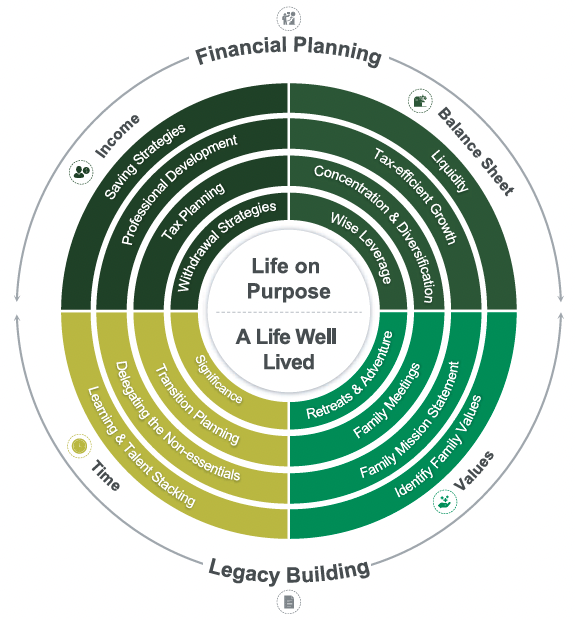The following is an excerpt from the letter we wrote to clients this month. It offers a useful lesson in the behavioral tendencies of humans.
Many Americans tuned in to watch the World Cup during the past month. Some even learned player names and now better understand the game’s subtleties. From this experience, it likely became clear that in no other major sport is luck such a critical component. Consider that each team averages only a dozen shots per game, more than half of games are decided by a single goal, and the most common score in professional soccer is 1-0. A bad bounce of a fluke play determines many a game.
Watching countless grown men fake injuries in the course of World Cup play should also demonstrate the hugely critical role of fouls in these low scoring affairs. Yet soccer uses only one referee to cover a playing area that is more than 16 times the size of an NBA court. Couple this with the lack of video replay in soccer and even critically-important officiating is left largely to chance. To make matters worse, 1/3 of games in the knock-out stage ended in a tie and were decided by the most chance-laden contest of any modern sport – the penalty shoot-out.
Given all of this, it should be no wonder that soccer is the least predictable major sport. Favorites in college football win 75% of the time, 70% of the time in the NBA and NFL, and 60% of major league baseball games. In soccer, the favorite team barely wins half the time. Sports often offer a useful metaphor to investing, and the role of chance in soccer is similar to its role in investing. Michael Mauboussin actually makes this case in his book, “The Success Equation: Untangling Skill and Luck in Business, Sports and Investing” that investing is far more impacted by luck than even professional soccer. He says:
There is actually a very interesting test to determine if there is any skill in an activity, and that is to ask if you can lose on purpose. If you can lose on purpose, then there is some sort of skill. Investing is very interesting because it is difficult to build a portfolio that does a lot better than the benchmark. But it is also actually very hard, given the parameters, to build a portfolio that does a lot worse than the benchmark. What that tells you is that investing is pretty far over to the luck side of the continuum.
Most investors, however, consistently confuse skill and luck. Not only do we, as humans, tend to be overconfident in our abilities but the left hemisphere of our brain has developed over millions of years to attribute positive outcomes to skill and negative outcomes to chance. Our brains do not effectively consider the role of chance. As a result, humans tend to overestimate their skill and understate the role of chance in activities such as soccer and investing.
Investing – The Greatest Game
There is however a critical difference between the role of chance in the World Cup and its role in investing. The beauty of investing as opposed to soccer is that you’re not forced to prove your skill in a short 90-minute period where a few bad bounces can mean failure and force waiting another four years for a chance at success. With investing, success or failure is determined over a lifetime. Warren Buffet actually called investing “the greatest game in the world” – a sport like baseball except you get as many pitches as you want.
The current investment market may offer few pitches worth swinging hard at but the beauty of this game is that investors can take singles and walks while waiting for the right pitch at which to swing hard. Many investors, however, remain scarred by the financial crisis and frightened to step back into the batter’s box. Between 2007 and 2012, retail investors withdrew $618 billion more from US equities than they invested. A grand total of $12 billion, or 1.9% of the $618 billion withdrawn, has been reinvested since the beginning of 2013. Resultantly, investors have the lowest allocation to stocks since records began in 1959. Perhaps this average investor is waiting for the economy to deliver an all-clear signal that it is safe to invest. To the extent such a signal ever occurred, it would likely be among the worst times to begin swinging at pitches.
The fundamental reason we apply a strict investment discipline is the recognition that we, like all humans, are coded with irrational cognitive and behavioral biases. As addressed above, one of these biases is the tendency to be overconfident in our skill. Academic studies actually demonstrate that the more educated a person, and the more information available to a person, the more such a person is likely to fall prey to such an overconfidence bias. This is a leading reason why well educated physicians, in general, tend to be among the worst investors.
While we would love for markets to be predictable and rewarding of skill, they are not. Investment markets in the short-term, like 90-minute soccer games, are unpredictable. Cognizant of this, our approach to investment and financial planning draws striking similarity to the Serenity Prayer:
Lord, grant me the serenity to accept the things I cannot change,
The courage to change the things I can,
And the wisdom to know the difference.
We accept that the noise and chance, which drive short and intermediate-term market movements, are things we cannot control or predict. As a result, our approach addresses the things we can control such as long-term tendencies of the market, efficiently locating investments for the greatest tax efficiency, effective tax planning, systematically rebalancing and diversifying to minimize risks, utilizing low cost investments, and disciplined cash flow planning. This approach to financial planning has served our clients well and we strive to continue to improve it.
If you would like a full version of this letter, please respond below or email us and we will be happy to send to you. We welcome your comments, thoughts, or questions.





Leave A Comment